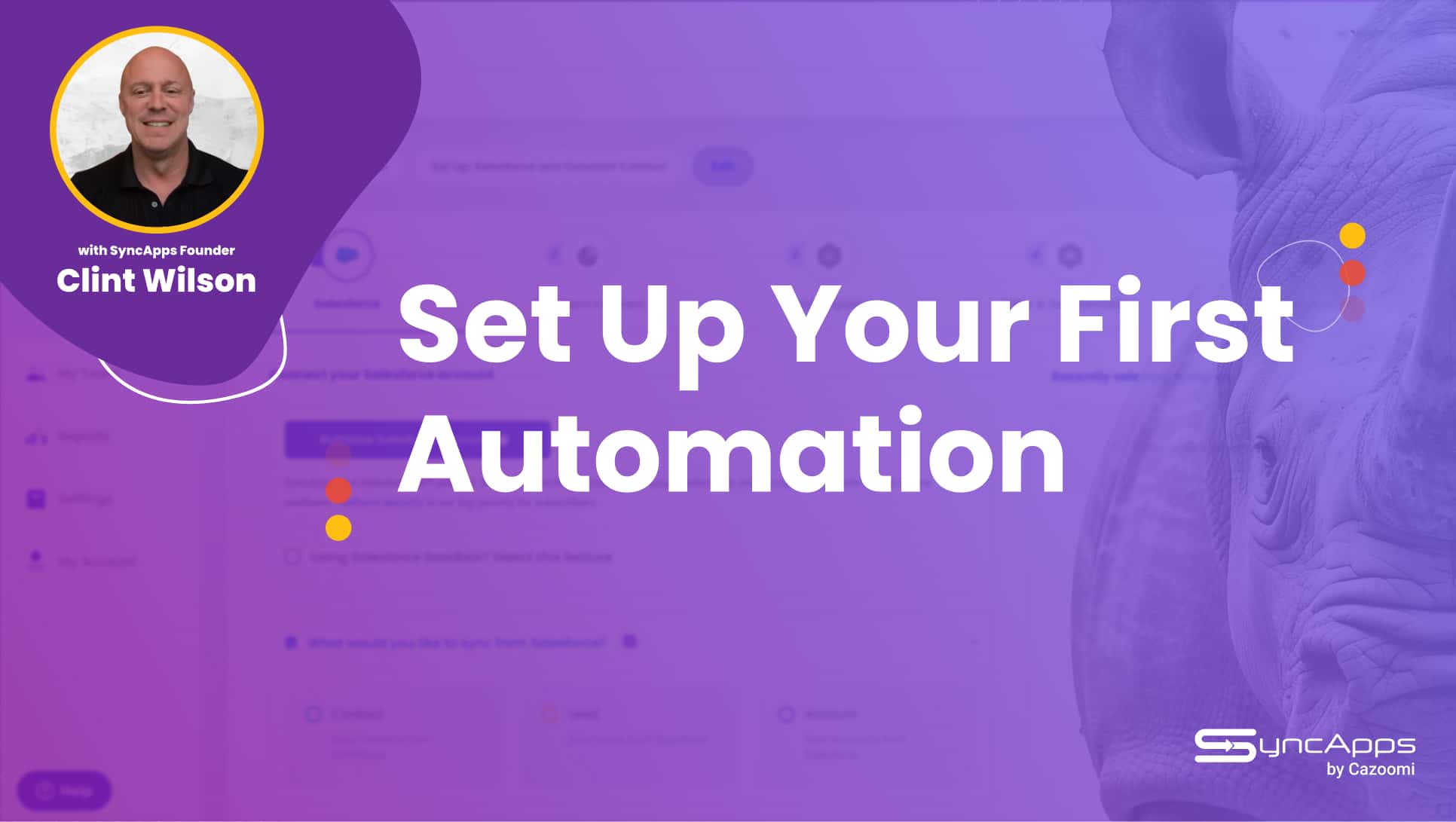
CRM (Customer Relationship Management) software is used by companies to uphold every aspect of client communication.
It is a set of technologies, practices, and strategies that manage customer data and interactions.
CRM’s primary aim is to boost business relationships with customers and maximize on business welfare.
Over the years, the use of CRM software and cloud-based solutions such as Dynamics 365 has increased.
A CRM system has now become an integral part of both startups and existing businesses.
Are you running a startup and wondering if a CRM system is a worthwhile investment? It’s perfectly understandable.
For most startups, bootstrapping is the only way to make sure your business will be alive in the next year. So a CRM might seem like one of the investments that can be cut off the list, right?
Well, not really.
A CRM –better said, the right CRM—can actually save you money and boost the growth of your startup. Here’s how:
1. Customer Retention
Almost all startups regardless of their industry face an uphill battle when it comes to attracting and retaining customers. But with CRM software, most of these startups are in a better position to provide a reliable platform for customer retention through customized experiences and responses.
Streamlined data enables companies to keep track of leads turning them into conversions. The sales team also saves time and resources because it can identify consumer trends with ease.
Furthermore, they can make customized recommendations of products via email or text based on consumers’ behavior patterns. Customers will feel acknowledged and will be more likely to buy and come back for more.
2. Collaborative Approach to Reach out to Customers
Every department in an organization plays a crucial role in attracting and retaining consumers. But each of them may be using different channels. The sales department will call a potential customer, while the marketing department is more likely to email them.
As we all know, multiple communication channels often lead to loopholes and to clients being bombarded and annoyed by the same information.
Luckily, a CRM software provides a central platform for the teams to share and update the relevant information in a bid to boost customer experience. It is a unified and collaborative interface that uses contact management via calls, campaigns, emails, and demos. This approach saves time, boosts productivity, and customer satisfaction.
3. Improve the Company’s ROI
It is possible to measure CRM effectiveness using the return on investment approach. CRM software is similar to any other business investment, and returns are expected. You can generate ROI from your CRM via increased productivity and sales.
Your CRM creates a platform for data automation to achieve a seamless sales process. The use of cloud-based solutions reduces the operating costs and boosts revenue. It also provides the team with information and tools to improve customer service consistently.
4. Data Integration and Organization
Customer data integration is essential. Using a CRM enables companies to integrate customers’ information across different platforms. It is well-organized and easy to retrieve when needed.
For example, the sales team does not have to send a mail campaign individually to each client. Such a process consumes a lot of time and is tiring. Contact sync and integration makes it easy to send messages to all the customers at the same time.
Better yet, you can personalize your correspondence, so each recipient feels like the email was intended for them and them alone.
It can also be challenging to manage and analyze information from scattered sources. The right CRM has an organized and systemic approach to compile, store, analyze, and automate data. Presentation of the information on a single platform chronologically makes it easy to get meaningful insights.
5. Scalability
Most startups owners can be forgiven for assuming that CRM software is only essential for a well-established business. However, nothing could be further from the truth.
Picturing your business in the long-term is essential. Sustainability helps to achieve the desired levels of success. In the short term, a CRM might not seem to be a good investment, but it creates a solid foundation to nurture your business. You get to create and sustain good relations with customers.
In the long run, you will master the needs of your consumers and meet them efficiently. It will increase your customer base and sales. You also get to generate several invoices and monitor customers’ journey with a few clicks.
6. Secured Valuable Asset
Increased employee turnover can jeopardize your business at an early stage. Some of your employees have access to crucial information.
CRM software provides secure storage space for all your customers’ information. You can retrieve this data when you need it without stressing over the primary employee leaving with some of your data.
It’s no secret how CRM is transforming many businesses no matter their size. And faced with evolving consumer and business operating demands, CRM integration has become an integral part that is forging successful brands from tiny startups worldwide.





